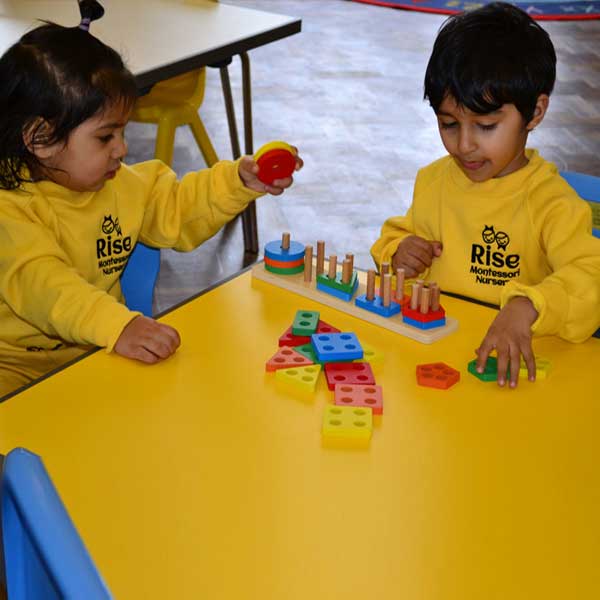Childhood is a time of incredible growth and development, both mentally and physically. As parents and caregivers, we play a crucial role in ensuring our children’s overall well-being. One essential aspect of this responsibility is understanding the significance of physical activities in early childhood and daycare programs.
1. Promoting Healthy Growth and Development
Physical activities are fundamental to a child’s growth and development. Engaging in physical play helps build strong muscles and bones, improves coordination, and enhances motor skills. These physical gains lay a solid foundation for a child’s future well-being, ensuring they develop into healthy, active adults.
2. Cognitive Development
Physical activities are not just about building strong bodies; they also stimulate cognitive development. When children engage in active play, they learn to problem-solve, make decisions, and think critically. These activities also enhance memory and concentration, setting the stage for success in later academic pursuits.
3. Emotional Well-being
Active play is an excellent way for children to release pent-up energy and manage their emotions. It promotes the release of endorphins, which can reduce stress, anxiety, and depression in children. It’s not uncommon for children to become happier and more content after a session of vigorous play.
4. Social Interaction and Communication Skills
Physical activities in daycare and early childhood programs provide a fantastic opportunity for children to interact with their peers. They learn essential social skills, such as cooperation, teamwork, and problem-solving, all while making friends and forming lasting relationships. These early interactions are invaluable for their future social development.
5. Building Confidence and Self-Esteem
Participating in physical activities boosts a child’s self-confidence and self-esteem. As they master new skills, overcome challenges, and experience the joy of physical achievements, they gain a sense of accomplishment. This self-assuredness can carry over into all aspects of their life.
6. Healthy Lifestyle Habits
Introducing physical activities at an early age helps establish healthy lifestyle habits. Children who engage in regular physical play are more likely to continue being active throughout their lives, reducing the risk of obesity and related health issues. They also learn the importance of a balanced, healthy diet in conjunction with their physical activities.
7. Quality Sleep
Physical activities promote better sleep for children. They become tired and ready for a restful night’s sleep, which is crucial for growth and cognitive development. Adequate sleep is vital for young children, and physical activities play a significant role in achieving it.
8. Enhanced Problem-Solving Abilities
Physical activities often involve a degree of problem-solving. Whether it’s figuring out how to climb a jungle gym, coordinating movements for a dance routine, or deciding the rules for a game of tag, children learn to think critically and make decisions. These problem-solving skills will serve them well in school and beyond.
9. Reducing Screen Time
In today’s digital age, children are exposed to screens more than ever. Encouraging physical activities helps balance screen time and promotes a healthier lifestyle. It also exposes children to the joys of outdoor play and the natural world.
In conclusion, physical activities are a cornerstone of early child and daycare programs. They offer numerous benefits, from physical growth to cognitive development, emotional well-being, and social skills. As parents and caregivers, we should prioritize and encourage active play, as it plays a vital role in nurturing healthy, happy, and well-rounded children. By promoting physical activities, we can set our children on the path to a lifetime of well-being and success.

